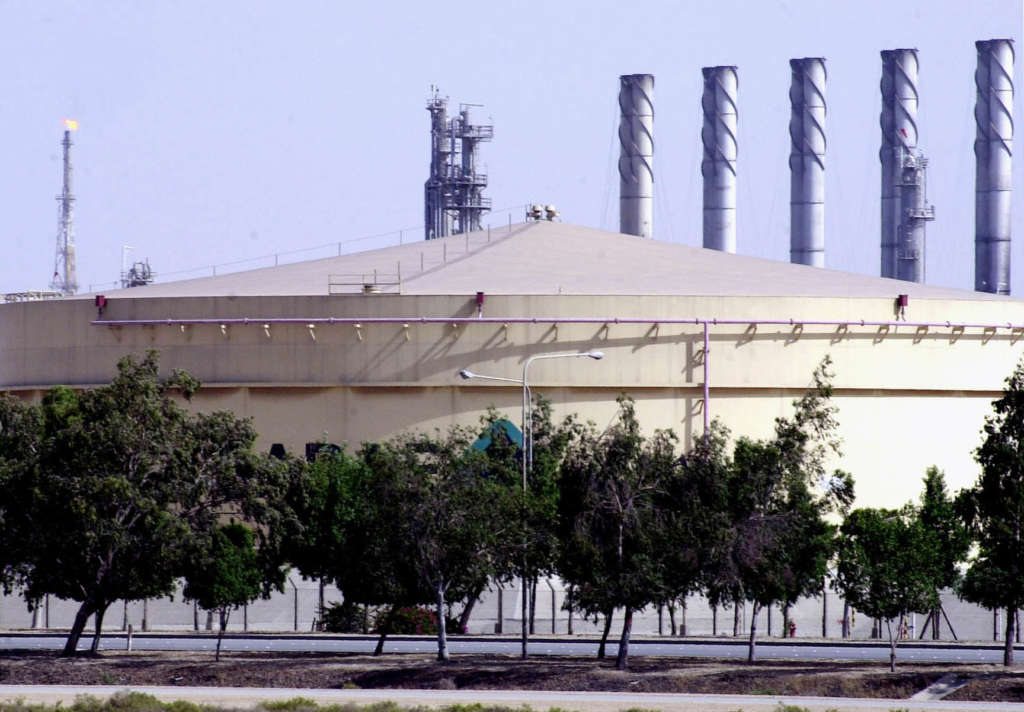Ankara – The Investment Support and Promotion Agency of Turkey (ISPAT) is drafting a comprehensive report on major investment opportunities that are available to Saudi Aramco in Turkey, in the fields of energy and petroleum refining.
ISPAT Advisor Dr. Mustafa Goksu said that Saudi Aramco has requested such report following the signing of 18 memoranda of accord between the Saudi oil giant and several Turkish companies in the field of electrical power generation, infrastructure, airport building and road construction, on the sidelines of the World Energy Forum, which was held in Istanbul last week.
Earlier this month, Saudi Aramco signed a number of memoranda of understandings (MoUs) with leading Turkish companies to further strengthen commercial and investment relations between Saudi Arabia and Turkey in Istanbul.
Speaking at the signing ceremony, Turkey’s Ministers of Energy and Natural Resources Berat Albayrak said these MoUs will strengthen bilateral relations between Turkey and Saudi Arabia.
Saudi Arabia’s Minister of Energy, Industry and Mineral Resources Khalid Al Falih said the MoUs provide a formal framework for future collaboration on multiple capital projects.
“We are willing to work with Turkish companies under the Saudi Vision 2030. These MoUs will be the first step of this process. We plan to increase the investment amounts to a billion dollars,” he added.
Meanwhile, several countries attending the World Energy Forum in Istanbul suggested that Iran should receive access to the European gas market through Liquified Natural Gas (LNG). They added that the Persian country should be included in the LNG pipeline project that would link Azerbaijan to Europe through Turkey.
In July, Iran and the P5+1 group, comprising Russia, the United States, China, the United Kingdom, France and Germany, reached a deal ensuring the safe nature of Tehran’s nuclear program in exchange for the lifting of sanctions, including embargoes on trade in gas and oil.
